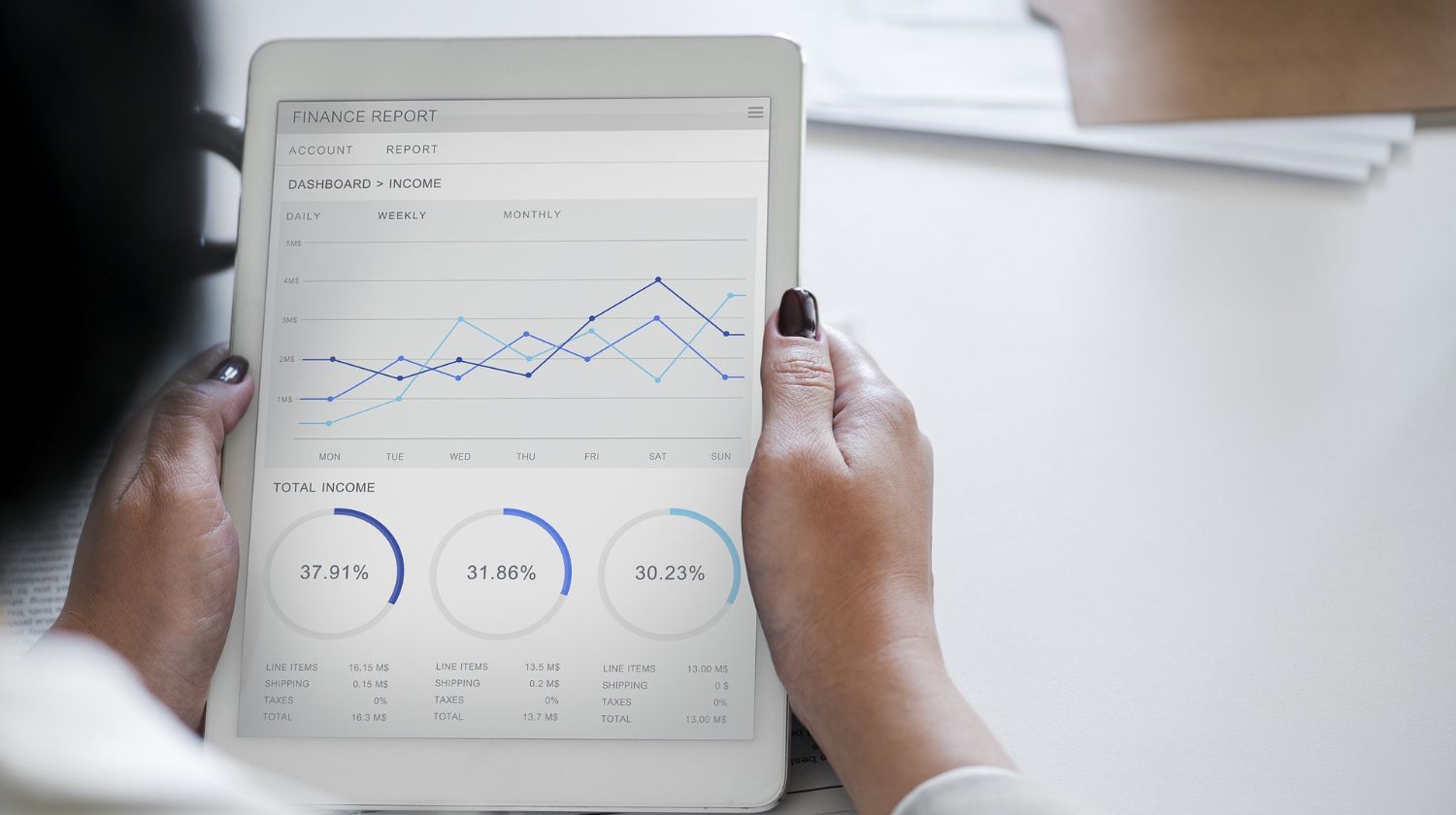Investing
How to Invest: Buying and Selling Bonds

Buying and Selling Bonds
The way you buy and sell often depends on the type of bond you select. Examples and how to buy: treasury and saving bonds, TIPs, discounted bonds, corporate and municipal bonds.
Buying Treasury Bonds
Treasury Bonds can be bought and sold in increments of $1000 through an account at a brokerage firm, an investment professional, a commercial bank or an online broker. They can also be acquired directly from the U.S. Government via an account online, in which case, the treasury cannot be redeemed before maturity.
The federal government has regular auctions in which investors can partake, however, in order to sell a bond in the secondary market it is necessary to consult the helping hand of a broker because they are not directly sold through the U.S. Treasury. They are auctioned off where the price is not more than $5 million if the bid is non-competitive or 35% of the offering if the offer is competitive.
Ready to Sell?
If it is a Treasury Bill you wish to sell, like bonds, these are sold in denominations of $1000. The profit of a Treasury Bill comes from the difference between the discounted value you originally paid and the amount you receive back, due to the fact that these bills function as IOU’s and there are no regular payments made to your name. The money is not gradually earned back over time; rather, it is a larger sum than its initial value, which is paid back at the end.
Treasury Notes are usually used to earn a cash flow for life markers including college or retirement. They can be through an auction via a competitive bid, where the yield you stipulated may not be approved, or a non-competitive bid, where you take the yield determined at the auction even though it may not coincide with the yield you specified.
U.S. Savings Bonds are sold through the U.S. Treasury and managed by the Bureau of Public Debt. They can also be purchased from commercial banks and are usually obtainable through employee savings plans. Savings bonds are exempt from state and local income taxes and mature at 30 years, with accrued interest compounded semiannually until maturity. They can be cashed in after 1 year but a 3-month interest penalty will be surface if you redeem the bond within the first 5 years. The savings bonds can be purchased at a bank or online but the bond purchaser cannot sell or pass up ownership of the bond.
The option to purchase paper savings bonds exclusively exists with your tax refund. Through this method you can only buy Series I bonds which allows your savings to exist in a low-risk environment that aids to shield your savings from inflation. Series I bonds earn interest based on combining a fixed rate and an inflation rate and are only taxable on a federal level, not state and local. These are also common ways to invest for college and retirement.
Treasury Inflation Protected Securities may be purchased from banks, brokers and the official website of the U.S. Treasury. Most independent investors buy TIPS through a mutual fund or exchange-traded fund that have a basket of inflation-protected securities with maturities of 5, 10 and 30 years. The initial price of TIPS is decided at the time the U.S. Treasury auctions it to potential investors. Since the principal value fluctuates along with inflation, only the coupon interest rate is fixed for the life of the bond. So, as inflation increases so does the value of the bond. Even though the interest rate does not necessarily increase, the investors receive a greater cash payment because the percent is applied to the larger principal. It is worth noting: it’s extremely recommended to only invest in TIPS if the bond is held until maturity.
Discount Bonds that are issued below par, including zero-coupon bonds, will gradually increase in price closer to the date of maturity. But, this does not translate into investors gaining a better yield than the market. It’s important to buy these low coupon bonds after taxes are accounted for.
There are four main groups of corporate bonds, divided by sectors: utilities, transports, industrials and financial services. They are more risky to purchase than Munis or Treasuries but it’s usually evened out with a higher interest rate. There are some guidelines you may follow in order to take a generally safer approach to buying corporate bonds; these include anticipating whether interest rates will decrease in the future, behaving nervously about the stock market and not having a clear perspective on the stock market.
Municipal bonds can be bought through several banks, securities dealer firms or Internet brokers registered to buy and sell municipal securities. It is a dealer-oriented market where the owner makes a profit from selling a municipal bond based off the markup. The bonds can be bought when they are first purchased to market or in the secondary market. The latter alternative leaves room for the opportunity to select from a wider range of procurable securities, which can differ by issuer type, maturity years, coupons and ratings.



